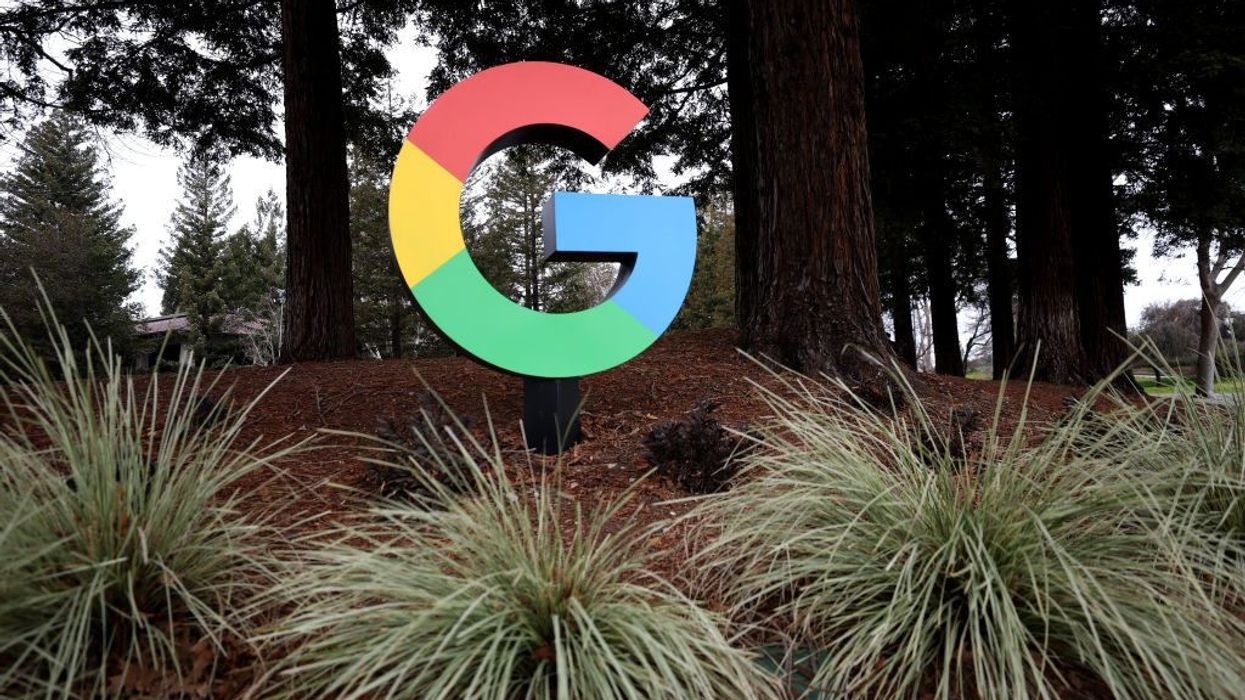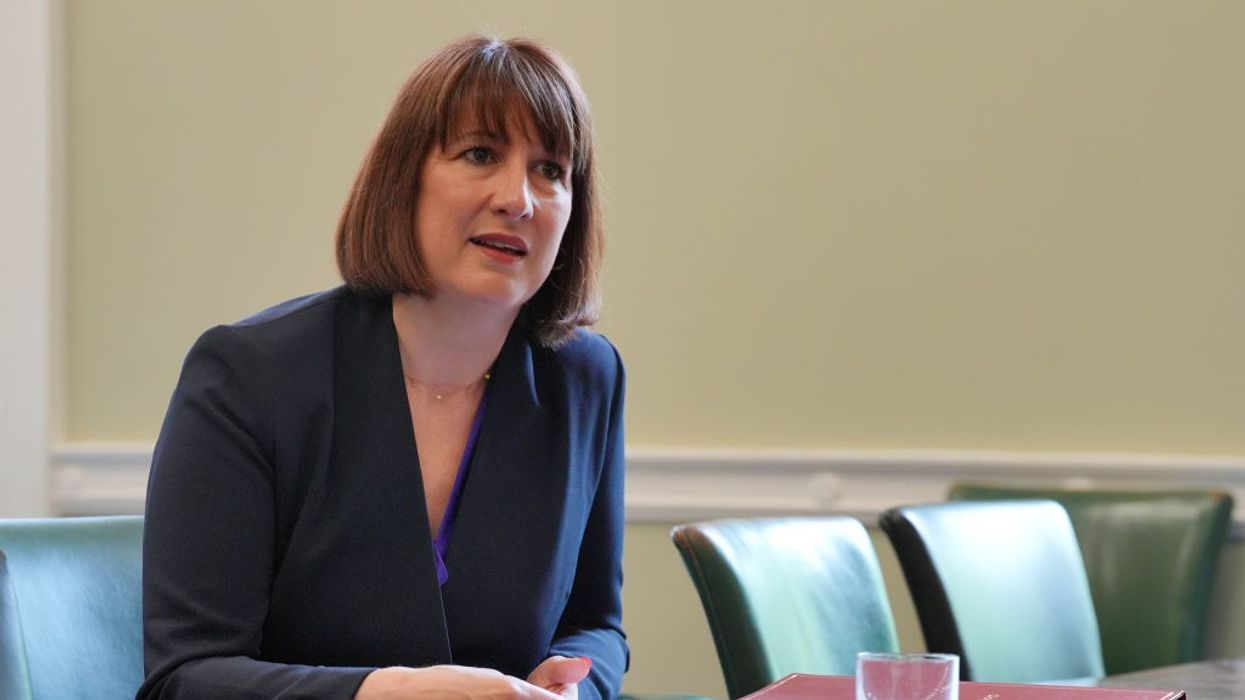Google has launched its chatbot Bard to the public, with the aim of gaining ground on Microsoft in the rapidly evolving race on artificial intelligence (AI) technology.
The programme was previously available only to approved testers, but is now open to consumers in the US and UK, who can sign up to a waiting list to gain access to the English-language version.
Bard is described by Google as an experiment in collaboration with generative AI, which creates content based on past data rather than identifying it.
The release of Microsoft-backed startup OpenAI's ChatGPT chatbot last year has led to a rush among technology companies to put AI into the hands of more users, in the hopes of reshaping the way people work and winning new business opportunities.
Just last week, Google and Microsoft made a flurry of announcements on AI, two days apart. The companies are putting draft-writing technology into their word processors and other collaboration software, as well as marketing related tools for web developers to build their own AI-based applications.
Asked whether competitive dynamics were behind Bard's rollout, Jack Krawczyk, a senior product director, said Google was focused on users. Internal and external testers have turned to Bard for "boosting their productivity, accelerating their ideas, really fueling their curiosity," he said.
In a demonstration of the site, bard.google.com, to Reuters, Krawczyk showed how the program produces blocks of text in an instant, different from how ChatGPT types out answers word by word.
Bard also included a feature showing three different versions or "drafts" of any given answer among which users could toggle, and it displayed a button stating "Google it," should a user desire web results for a query.
Unlike ChatGPT, Bard is not proficient in generating computer code, Google said on its website. Google also said it has limited Bard's memory of past exchanges in a chat and that at present it was not using Bard for advertising, core to Google's business model.
Accuracy remains a concern. "Bard will not always get it right," a Google pop-up notice warned during the demo. Last month, a promotional video showed the program answering a question incorrectly, helping shave $100 billion off Alphabet's market value.
Google highlighted a couple mistakes during the demonstration to Reuters, for instance saying Bard wrongly claimed ferns required bright, indirect light in response to one query.
Bard also produced nine paragraphs of text when asked for four in another. After that answer, Krawczyk clicked a thumbs-down button for feedback.
"We know the limitations of the technology, and so we want to be very deliberate at the pace at which we roll this out," he said.
(Reuters)














